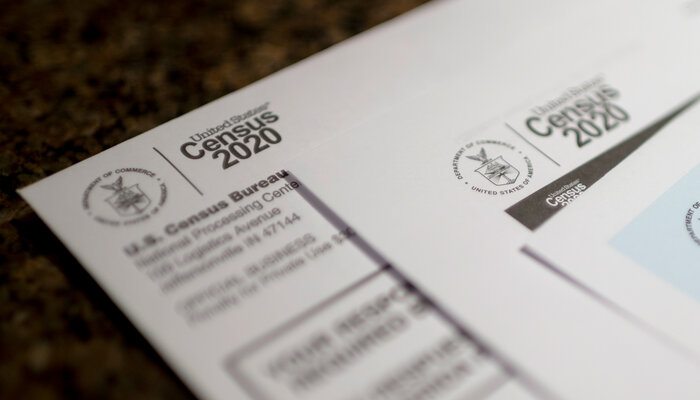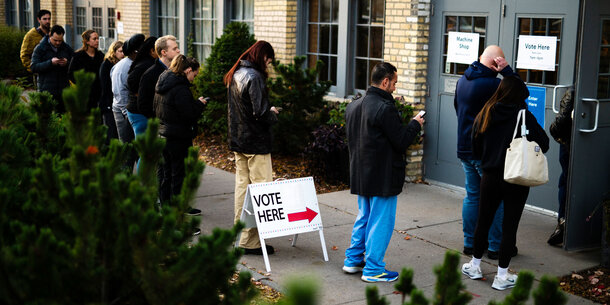The state of Alabama has lost its first bid to change the U.S. Census Bureau’s plans for releasing data for states to use for drawing voting maps. On Tuesday, a panel of three federal judges denied the state’s request both to speed up the bureau’s delivery date and to bar the bureau from using its new techniques for protecting people’s privacy. The ruling leaves intact the bureau’s plan to publish its redistricting data sets using its new privacy techniques on August 16.
The Alabama case is in part a dispute about timing. On February 12, the bureau announced that, due to Covid-19 related disruptions, it would deliver fully formatted redistricting data by September 30, 2021. Alabama, along with Rep. Robert Aderholt (R-AL) and two state residents, challenged that announcement in a lawsuit filed on March 10.
The lawsuit contended that the September 30 release would prevent Alabama from meeting state constitutional deadlines for finishing its redistricting process. And it asked the court to order the bureau to produce the data earlier via a motion for a preliminary injunction — essentially, a request to get the relief it was seeking early in the life of its case.
After Alabama filed its suit, however, the bureau committed to releasing redistricting data in “legacy format” by mid-August. This “legacy format” data will be complete data from the 2020 Census but will not include certain tools that make it easier to use. The bureau plans to include those tools in its still-scheduled September 30 release.
The three-judge panel pointed to the August 16 release date for the legacy data — and Alabama’s concession that August would be workable for its redistricting calendar — in rejecting the state’s request for a speed-up. The court found there was “very little” evidence showing that Alabama and others would suffer irreparable harm absent a court order in their favor.
In addition to challenging the delayed data release, Alabama is seeking to overturn the Census Bureau’s decision to implement a method for protecting people’s personal information known as “differential privacy.” The technique introduces statistical “noise” into data that the bureau releases. The bureau plans to use differential privacy for the first time this year to comply with its understanding of its legal duty to keep census data confidential.
Alabama claims that differential privacy will result in inaccurate data products that are unfit for redistricting purposes and violate various federal laws. And, as with its request regarding the redistricting delivery date, the state asked the court to block differential privacy early in the case.
The panel rejected Alabama’s request on this front as well. The judges dismissed several of Alabama’s claims entirely from the lawsuit, reasoning that, since the bureau has yet to release data with differential privacy applied, “there is no indication that differential privacy will, in practice, skew redistricting data,” and the challengers have thus suffered no harm that could support their case.
The judges also rejected Alabama’s request for immediate relief under the federal Administrative Procedure Act. The panel reasoned that, among other things, the state had known about the bureau’s intent to use differential privacy since September 2017 and thus had waited too long to seek immediate help from the court.
A win for Alabama against differential privacy could have caused substantial additional delays to the redistricting process. The bureau has stated that if it had to implement a new disclosure avoidance method in lieu of differential privacy, it would need six to seven months to finalize that new methodology.
Alabama may appeal the denial of its request for quick relief directly to the Supreme Court since the ruling came from a three-judge panel. The state could also move toward trial with any of its claims that the panel didn’t eliminate from its case.
In the meantime — and barring any future legal developments from the Supreme Court or elsewhere — the bureau’s plan to deliver the legacy redistricting data by August 16, with differential privacy applied, stands.



